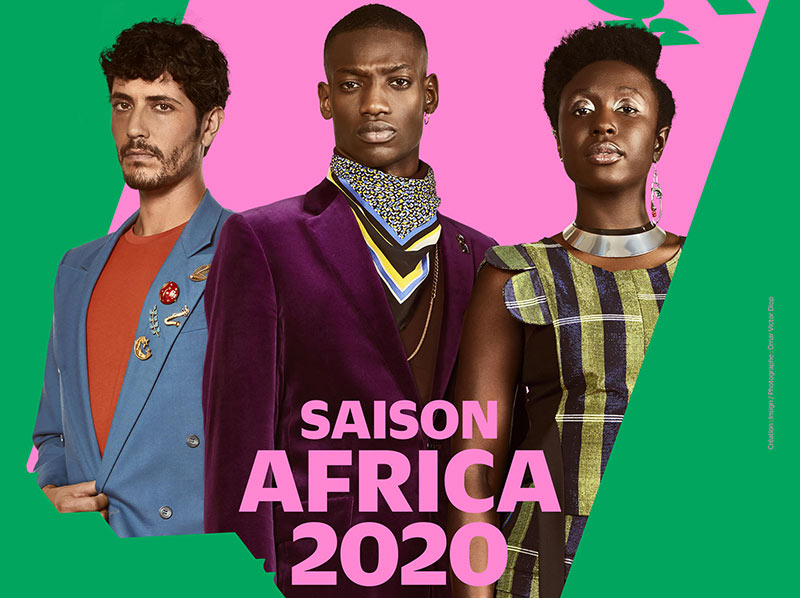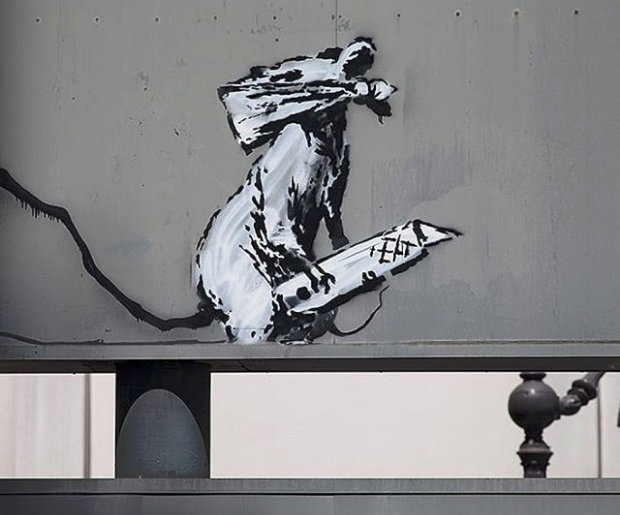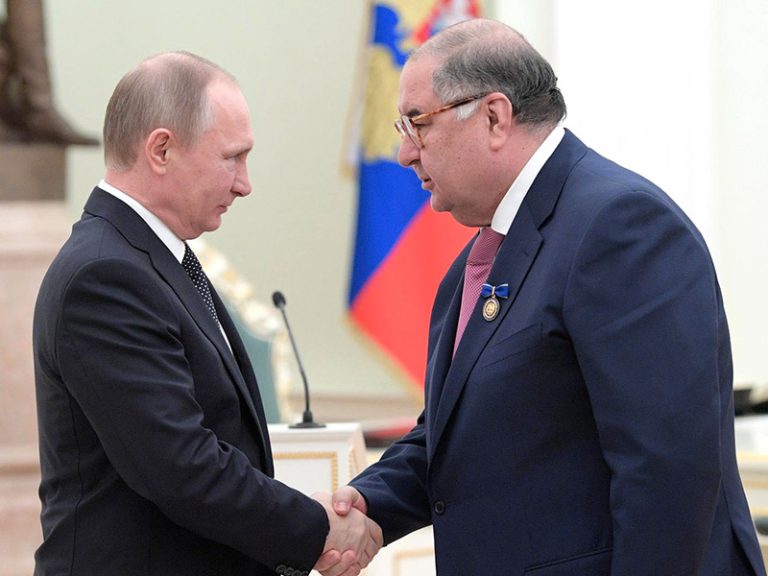Paris. When they visit Africa, French presidents feel obliged to leave their mark through a speech. From that of Dakar (Nicolas Sarkozy, 2007), very controversial, to that of so-called “Ouagadougou” (Emmanuel Macron) at the end of 2017, France likes to listen to itself speak according to the deputies Bruno Fuchs and Michèle Tabarot, co-rapporteurs of the work of an information mission on relations between France and Africa. This report criticizes the “announcement effects” thunderous statements which harm French credibility: it explains in fact how France clings to an outdated model because “she refuses to adopt a real African policy”. Visa policy experienced as “vexatious” by African youth to the loss of influence, the report draws a pessimistic observation.
After emphasizing that knowledge of developments on the African continent “is sorely lacking in France today”, MEPs point out an imbalance between the military, diplomatic and political aspects of this strategy: the crisis in the Sahel has monopolized energies and influential diplomacy has suffered. This is for example the case of the “Africa” sector at the Quai d’Orsay, which has not been maintained despite the promise to integrate more African languages into the entrance exams (Wolof and Fulani in 2024). More broadly, the report notes a loss of influence for France, facing more aggressive countries like China, Russia and Turkey: these countries have invested in a network of cultural institutes on the continent, where the ‘Hexagon has reduced its diplomatic staff by 40% over twenty years, according to deputies. The rapporteurs are being harsh with the audiovisual sector outside France, whose audiences are nonetheless increasing regularly. They also highlight the efforts undertaken since 2017 despite the crises, particularly in culture: restitutions, Africa-France summit in Montpellier, Africa Season 2020, programs of the French Institute for ICC (cultural and creative industries), “Maison” project African Worlds” (MansA) in Paris.
A speech out of step with reality
However, the deputies point to a speech that is out of step with the low number of projects completed. Thus the 2021 Montpellier summit resulted in only a few ideas for youth and cultural entrepreneurship, a far cry from the dozens of projects announced. The same for restitutions: the deputies note that after the Savoy-Sarr report (2018), the 26 documents returned to Benin (2020), a specific law (end of 2020) and a second report in April 2023 (under the pen of Jean-Luc Martinez), restitutions are rare. On this subject, Michèle Tabarot described the Ouagadougou speech as ” original sin “ by the president during questions to the government on November 21, 2023. On the Africa 2020 Season, on the other hand, the deputies welcome the diversity of events and the openness to civil society in African countries, especially in political debates where opponents were able to ‘express. The “House of African Worlds” project, resulting from a report submitted to Emmanuel Macron by the Cameroonian philosopher Achille Mbembé, is progressing slowly as the deputies recall: after a prefiguration mission led by the diplomat Luc Briard and the Franco- Senegalese Liz Gomis, the “Maison” in question has just launched a call for projects and should open in 2024 in Paris. However, its guideline remains to be refined, and its success will depend on the involvement of diasporas.
Strengthening the French Development Agency
There remains one criticism which permeates the entire report, namely the incoherence of this African policy which has become an African strategy: Michèle Tabarot thus denounces “a one-man policy”, and questions the Presidential Council for Africa (active from the end of 2017 to the beginning of 2022) and the opacity of its functioning. The role of the Quai d’Orsay is considered fundamental for influential diplomacy, but the deputies deplore its lack of resources for twenty years and a constant decline in staff. They suggest giving more room for maneuver to the French Development Agency, which now manages cultural projects, and above all recommend changing the political discourse so that France communicates clearly. In view of the recent diplomatic blunders over the suspended issuance of visas for African artists, this latest advice should be listened to carefully in high places.







